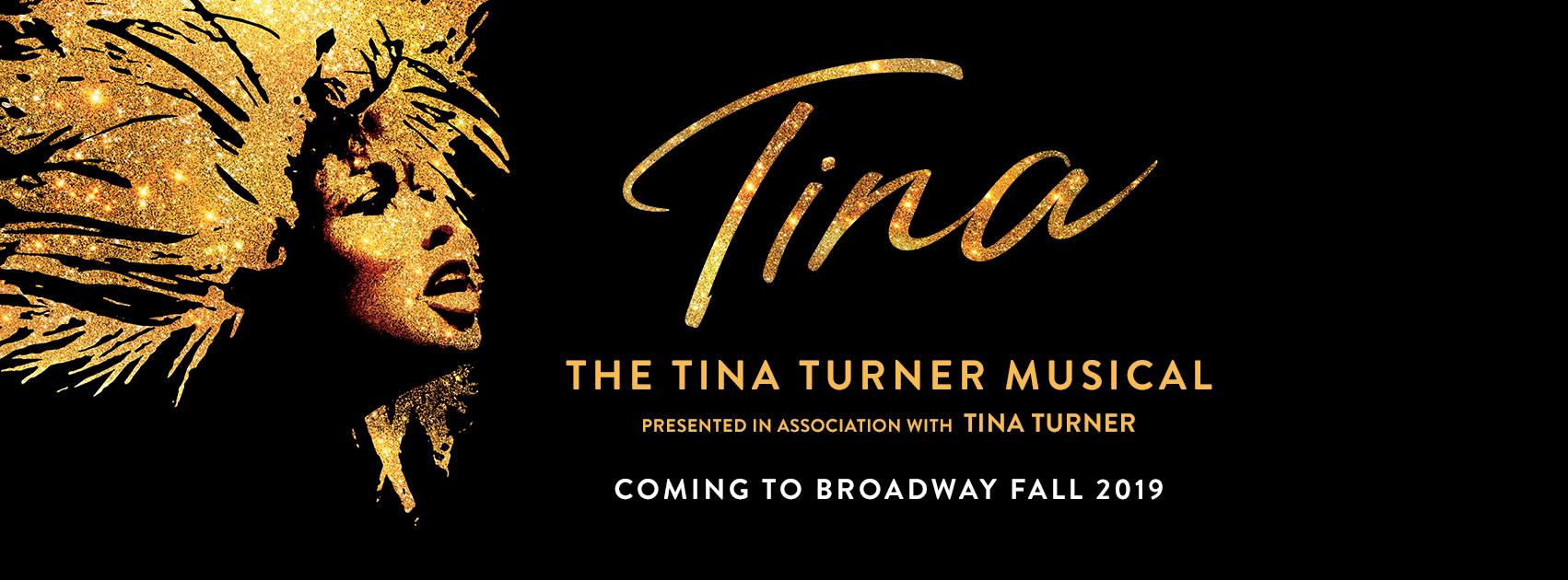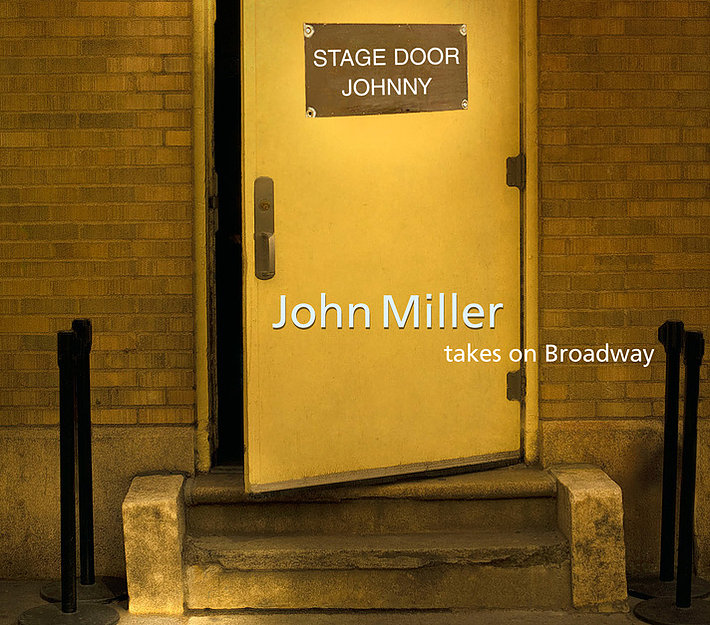In honor of the tenth anniversary of its release, Stage Door Johnny: John Miller – Takes on Broadway has been reissued on CD and for download and streaming on digital platforms. The acclaimed debut album of musician and singer John Miller features original versions of a selection of twelve standards from some of Broadway’s most popular shows, done in his characteristically friendly laid-back style.

Miller, in addition to his freelance work, appears four times a year with friends in the John Miller Quartet + 3. He has played bass for an array of stars, backing everyone from Frank Sinatra and Tony Bennett to Bob Dylan, Elvis Costello, and Madonna. He has also appeared as the drug-dealing percussionist Dee-Dee on all four seasons of Amazon Prime’s award-winning series Mozart in the Jungle, and has served as a Musical Coordinator for over 130 shows on Broadway since 1980.
Currently represented on The Great White Way by Waitress, Beautiful, Ain’t Too Proud and Oklahoma!, Miller’s contributions will also be heard in the upcoming Tina: The Tina Turner Musical, set to open at the Lunt-Fontanne Theatre on November 7. Over a lunch break, I had the opportunity to talk to John about his busy career, his music, and his approach to his work as a highly respected Musical Coordinator.
What exactly is the job of a Broadway Musical Coordinator?
John: When people go to see a musical, they usually have some understanding that the actors and the dancers went through some audition process to end up on stage. But musicians don’t have auditions or agents to try to hustle work for us, to end up in the pit of a Broadway musical. How do they get there? The Musical Coordinator actually works with the Conductor and Arranger, and others, to see that the music is played as well as it can be, to generate the right performances.
What criteria do you use to assemble the right musical ensemble for a show?
As Musical Coordinators, it’s our job to have an understanding of musicians and their specialties. All members of the music team have particular people they like or have worked with before that they might think are suited for the job. They’re all very good, but the goal is to find the ones who really resonate with the style of the music, who are perfect for that particular show.
How closely do you work with the Music Director, Arranger, and Conductor to ensure that the styles and temperaments of the musicians are a good fit?
We work very closely with some or all of us. The Conductor stands up front eight times a week, so it’s important for him or her to feel comfortable with the musicians. I’ve said that it’s like you’re on a bus in the middle of February that ends up in a blizzard. If you’re with people you love and enjoy, it’s a great adventure. But if there’s one son-of-a-bitch on the bus with you, it becomes a nightmare. The Conductor is driving the bus, so you want to make sure that every musician in a Broadway show makes life easier for the Conductor.

What’s the biggest challenge in coordinating such a diversity of musical genres as the classic show tunes of Oklahoma!, the doo-wop harmonies of Jersey Boys, the ‘60s rock of Hairspray, and the folk-rock sounds of Once?
Living in New York City, there’s an abundance of talent. If we lived elsewhere, I don’t know how deep we’d be in great talent, but in New York, it’s deep. The challenge is trying to figure out the perfect combination of talent, personality, and resonance to the project. But I see that more as a great opportunity than a challenge, to give work to deserving musicians. The hard part is that you can’t give the work to everyone; you have to make a decision, and that’s very, very tough. As a musician, I’m very empathetic; I understand deeply the joy and thrill of the phone ringing and the disappointment of when it doesn’t. I tell myself and all my friends that we’ll never know why the girl won’t dance with us. She won’t tell the truth, because she doesn’t want to hurt our feelings. So we just have to move on; ask another girl. I’m seeing both sides of it – I’ve been the one who doesn’t get the calls and the one who makes the calls. But even if the call doesn’t come, I might get called four months later, as will the musician who didn’t get the particular show I’m working on, who is still a superb player and a superb person.
Is there one show that stands out as your favorite or most memorable experience on Broadway?
I really love everything I do as a Musical Coordinator, right from the beginning, from the phone ringing and the person on the other end asking if I’d like to work on a show. It’s the process I enjoy. It’s a thrill for me to be able to put it together, to call the people, to load it into the pit. But as a bass player who loves jazz, it’s hard to beat City of Angels; for rock-and-roll it’s hard to beat Tommy; for R&B it’s tough to beat The Temptations [Ain’t Too Proud]; for classical Miss Saigon and Les Miz; and it’s interesting to work on new re-imaginings like Oklahoma! There are certain styles that resonate with me as a bass player; as a Musical Coordinator, I love all of them.
I can tell you the story about how I got into musical coordinating. I played bass with Cy Coleman in the ‘70s, and I was the Musical Director of I Love My Wife. He said he had a show coming up, Barnum, and he needed a Musical Contractor for it (as Musical Coordinators were then called). He asked if I’d like to do it, and I said, “Absolutely . . . not!” I had subbed infrequently on and off Broadway, but I didn’t have a lot of experience, and the connotation back then that we perceived about Contractors – whether or not it was true – was that there were kickbacks and sexual favors involved. Cy said, “I gotta give it to some schmuck; I’d just as soon give it to you,” so I said “I’ll get back to you.” I asked my friends for advice and they all said, “Give it a try!” So I gave it a shot. I was a deer in the headlights, with no training, but fortunately the musicians were extremely helpful, protective, and supportive, and that’s how I started on what is now 130+ shows on Broadway.
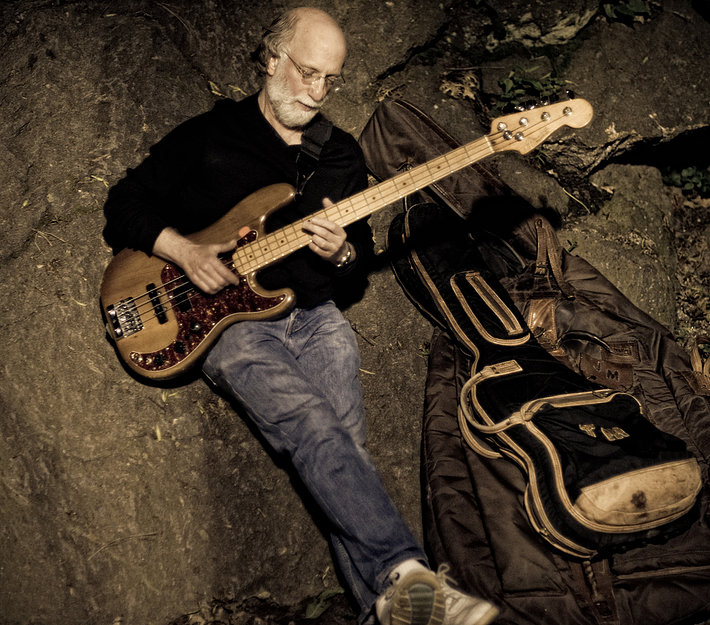
How did you decide which songs to include in Stage Door Johnny?
I didn’t really decide. Most people I know who do their own CD smartly think about a selection, a theme, a point of view, a style – something that holds it all together. I had no such approach. The tunes came about after a long day of work. I got home, my wife Connie [actress and singer Constance Barron] and my dog Doodle were asleep, I’m wide awake. Many musicians play other instruments that aren’t their trained specialty for fun; I play guitar. I come home, turn on the TV, pick up the guitar, and just start to noodle. I get into the groove with one or two chords, not thinking, then, out of somewhere so primal, I’m playing for 45 minutes and hear myself singing, “All I want is a room somewhere . . .” I had no agenda of doing a verse from “Wouldn’t It Be Loverly” – it’s almost like the song, and the other ones on the CD, chose me. And it helps that I’m not a guitar player professionally, I’m a bass player, so with a guitar, it’s that limitless freedom, I don’t have any parameters, it’s just what it is. I once asked Joni Mitchell, “What’s that chord?” She said, “I have no idea.” But it sounds pretty damn good. With the songs on the CD, it was just “that sounds good.”
Which of those tracks do you feel best expresses your taste, style, and personality?
They’re all so primal, so natural and organic to me, and I am incapable of doing these tunes any other way. I’m not a trained singer, I’m a musician, so the whole package reflects me – one and all of them. It reflects what I love about music that feels natural, compatible, and fun for me, from my folk roots to my love of jazz, bossa nova, funk – they’re all reflections of what music means to me.
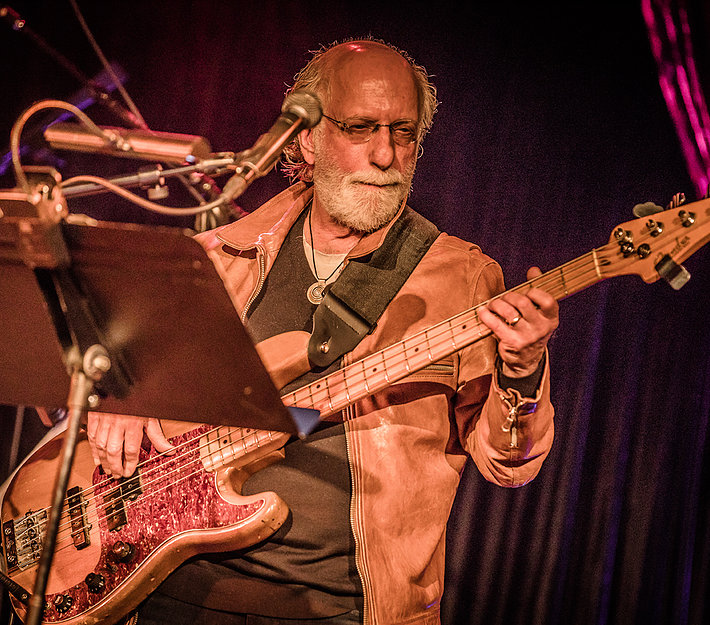
Do you prefer performing live on stage, on screen, in a recording studio, or working behind the scenes as a Musical Coordinator?
I don’t really make much distinction between them. I love when the phone rings. With most musicians, when someone asks them, “Would you be interested in . . .,” they don’t have to finish the sentence. “Sign me in!” I’m a junkie for playing. I’ll drive three hours to do a gig for no money if it’s music that resonates with me. Connie and I have a house in Massachusetts and sometimes I’ll take my bass and drive around till I find a club where I can play. I’m fearless, and sometimes I’ll ask if I can play with the band and sometimes I’ll just walk up on stage, plug in, and start playing. One experience I had was in a big white barn on a hot August night. I heard a band playing with no bass. I walked in and saw people square-dancing, then I went up and started playing with them. They smiled at me, not a word was said, and as soon as the set was over, I left without a word. They had a good time, I had a good time, so it was a win/win!
The way I got into acting in Mozart in the Jungle was through Casting Director Doug Aibel. I had contracted some shows with him at the Vineyard Theatre, where he’s the Artistic Director. He called me about a pilot he was doing for Amazon, auditioning for the role of a drug-dealing percussionist. He saw terrific actors, but none of them had the right aura, so he asked me if I’d be interested in auditioning. I said, “Yes, absolutely!” So I went down and it was a fun thing to do on a Tuesday afternoon – no pressure, because I’m a musician, not an actor, so I had no aspirations. Less than twelve hours later, I got the call that they wanted me, and wanted to talk to my agent! I didn’t have an agent, so I called a friend of mine who is an agent, and that’s how that happened. And it was an enormous amount of fun.
What can we look forward to in Tina? Is there anything you’re most excited about having contributed?
For Tina, I started thinking about who would be a great drummer for the show. I thought about someone who’d never done Broadway before – Rocky Bryant, from the Average White Band. So I called him, and fortunately for all of us, he said yes; I’m very happy about that!
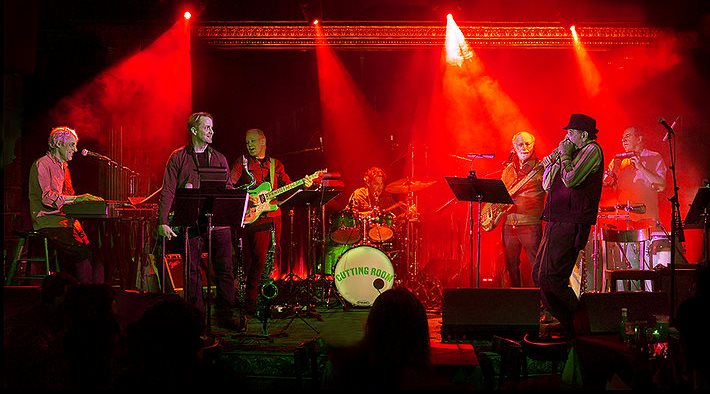
Do you have any other shows lined up that we can look forward to, either on Broadway or with the John Miller Quartet + 3?
I just go gig to gig. My own seven-piece band plays at The Cutting Room; we’ve been there over 20 times, but only on Monday nights, because many of our band members do Broadway shows and that’s the night that’s usually dark. Tuesday nights I like to play downstairs at Birdland, with other terrifically talented people, for The Lineup with Susie Mosher, who is the emcee. Other than that, I’m always getting calls as a freelancer; I enjoy playing with Peter and Paul of Peter, Paul, and Mary. And there are always Broadway shows in the planning stages. Every day is different, every day is fresh and new!
Thank you, John, for giving our readers an inside look at your work, and for taking the time to talk with us about your fascinating career.
